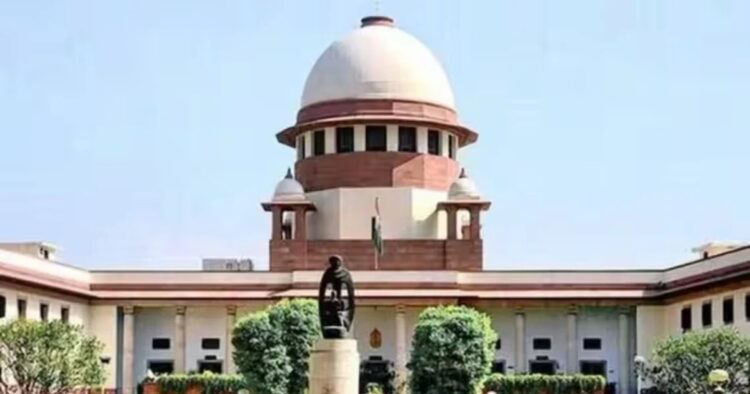On Friday, the Supreme Court ruled that the law of the Prohibition of Child Marriage Act is necessary. The personal law of any religion cannot come in the way of this law. A bench headed by Chief Justice DY Chandrachud, Justice JB Pardiwala and Justice Manoj Mishra declared that marriages involving minors violate their right to freely choose a life partner.
The court said that it is important to prioritize the protection of minors over personal or religious practices. In the verdict, Chief Justice Chandrachud said that the personal law of any religion cannot override the law of the Prohibition of Child Marriage Act. This is a law made to prevent child marriage and protect minors from their harmful effects.
He said that child marriage violates the free will of minors to choose their life partner. The Supreme Court acknowledged the shortcomings in this law. The bench has said that there are definitely some flaws in the Child Marriage Prohibition Act, which need to be removed. The court said that the focus of the authorities should be on preventing child marriage and protecting vulnerable minors. Punishing the perpetrators should be the last resort.
The Prohibition of Child Marriage Act, 2006, was introduced to replace the old Child Marriage Act of 1929, with the goal of eliminating child marriages across India. However, the Supreme Court acknowledged that there are still some shortcomings in the implementation of the law. The bench recommended a “community-driven approach” to address these shortcomings, saying preventive measures should be customized for different communities and regions to effectively deal with child marriage.
The court also highlighted the importance of multi-sectoral coordination, urging training and capacity building among law enforcement officials to ensure the success of the Act. The bench said the law will succeed only if there is coordination across multiple sectors.

















Comments